-
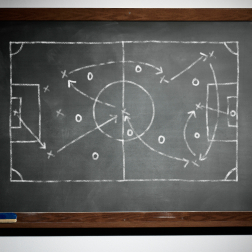
This activity follows on from Charting Success and encourages students to consider and analyse representations of data from the world of sport, to make sense of the stories they tell, and to analyse whether the right representation has been chosen for the purpose. It is aimed at secondary students (Key Stages 3 and 4).
-
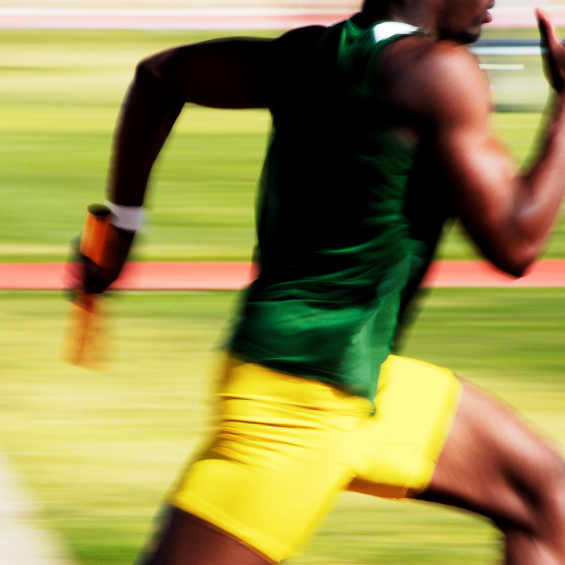
Play our sporty card game with 24 cards featuring information about Olympic athletes past and present. This game is aimed at primary school pupils at Key Stages 1 and 2.
-
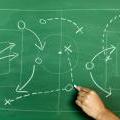
Sports statisticians, trainers and competitors create graphs, charts and diagrams to help them to analyse performance, inform training programmes or improve motivation. This activity encourages students to consider and analyse representations of data from a number of sports, and to discuss whether the right representation has been chosen for the purpose. It is aimed at secondary students (Key Stages 3 and 4).
-
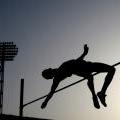
If you are training seriously for any sport then you are in the business of optimisation - doing all you can to enhance anything that will make you do better and minimise any faults that hinder your performance. John Barrow takes a look at how mathematics helps athletes optimise their performance in the high jump and pole vault in this article aimed at older students (Key Stages 4 and 5).
-

Usain Bolt, the "fastest man on the planet", aims to get his 100 metre world record of 9.58 seconds down to 9.40 seconds. But is there an ultimate limit which no runner can possibly break? In this article, aimed at the general public and older students, Tony Crilly looks at whether mathematics can give us the answer.
-
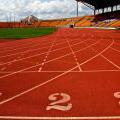
8 speed/time problems from Olympic athletics, rowing and cycling aimed at GCSE students (Key Stage 4). This activity encourages investigation and research for some parts of the questions, and gives students opportunities to construct and justify approximations and estimates.
-
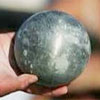
What would be the ideal weather conditions for breaking the world record in the shot put? This activity encourages A-level mechanics students (Key Stage 5) to explore and discuss modelling assumptions.
-

The Olympic and Paralympic Games are a global celebration of excellence, determination and effort. Much of the media coverage, though, tends to focus on each country's tally of gold medals. This article by Rob Eastaway and John Haigh explores some of the mathematical questions raised by Olympic success. How well did Britain really do in 2008 in Beijing, with nineteen golds? Are some gold medals worth more than others? And are there even some sports the Olympics should drop?
-
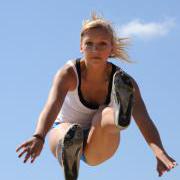
After training hard, Ben and Mia have improved their performance in the long jump and high jump. Can you work out the length and height of their original jumps? This activity explores multiplication, division and fractions in the context of sports training, and is designed to be accessible to primary school pupils at Key Stage 2.
-

The heptathlon consists of 7 athletics events. Looking at a heptathlete's current performance in these events, how should she plan her training schedule? This activity examines the maths behind the heptathlon's scoring system, and is aimed at GCSE students (Key Stage 4).

